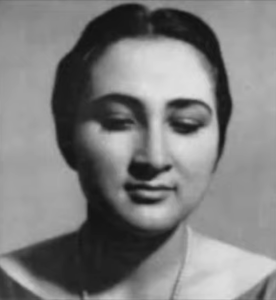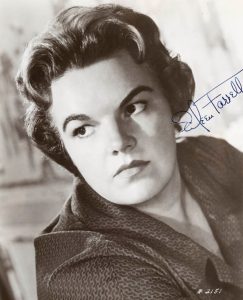Podcast: Play in new window | Download (Duration: 1:28:23 — 100.5MB) | Embed
Subscribe: Spotify | TuneIn | RSS | More
Another episode featuring orchestral songs, these arrangements by the French composer Joseph Canteloube AKA Marie-Joseph Canteloube de Malaret (1879 – 1957), of elaborately orchestrated folk songs from the Auvergne region of France. From the 1960s an beyond these songs have become favorites of sopranos seeking engaging works for voice and orchestra. Canteloube made orchestral arrangements of five different series (or books) of songs published between 1924 and 1955. The songs themselves are, in turn, playful, plangent, tragic, saucy, rustic, and even surprisingly emancipated. In 1930 French soprano Madeleine Grey was the first artist to record the songs. Subsequently the Ukrainian-born Israeli soprano Netania Davrath became the first to take on the entire cycle. Cognoscenti still find her versions to be the most “authentic,” although that is a loaded term when one considers how elaborate these arrangements are. Other singers that helped put these songs on the map, as it were, include Anna Moffo, Victoria de los Angeles, Kiri Te Kanawa, and Frederica von Stade. All these singers are heard in this episode, which also includes memorable contributions from singers as varied as Dawn Upshaw, Barbra Streisand, Jill Gomez, Marvis Martin, Gérard Souzay, Marni Nixon, Anna Caterina Antonacci, Elly Ameling, Régine Crespin, Arleen Augér, Susan Reed, and others. You may also be quite surprised (I know I was!) to hear the singer that Canteloube most preferred in this repertoire, in a recording accompanied by the composer himself.
Countermelody is a podcast devoted to the glory and the power of the human voice raised in song. Singer and vocal aficionado Daniel Gundlach explores great singers of the past and present focusing in particular on those who are less well-remembered today than they should be. Daniel’s lifetime in music as a professional countertenor, pianist, vocal coach, voice teacher, and journalist yields an exciting array of anecdotes, impressions, and “inside stories.” At Countermelody’s core is the celebration of great singers of all stripes, their instruments, and the connection they make to the words they sing. By clicking on the following link (https://linktr.ee/CountermelodyPodcast) you can find the dedicated Countermelody website which contains additional content including artist photos and episode setlists. The link will also take you to Countermelody’s Patreon page, where you can pledge your monthly support at whatever level you can afford. Bonus episodes available exclusively to Patreon supporters are currently available and further bonus content including interviews and livestreams is planned for the upcoming season.

